President Volodymyr Zelenskiy signed a decree on Tuesday to boost Ukraine’s armed forces by 100,000 troops over three years and raise soldiers’ pay, as European leaders lined up to back him in a standoff with Russia.
Zelenskiy urged lawmakers to stay calm and avoid panic, saying he ordered the increase “not because we will soon have a war… but so that soon and in the future there will be peace in Ukraine”.
Russia has massed more than 100,000 troops near Ukraine’s borders, while denying plans to invade – an action that the United States and its allies have warned would trigger tough sanctions.
Ukraine’s armed forces currently number about 250,000, compared to Russia’s overall strength of around 900,000. Ukraine said it was working with Poland and Britain to strengthen cooperation “in the context of ongoing Russian aggression”.
On a visit to Kyiv, Polish Prime Minister Mateusz Morawiecki said Warsaw would help Ukraine with gas and arms supplies, as well as humanitarian and economic aid.
“Living close to a neighbour like Russia, we have the feeling of living at the foot of a volcano,” said Morawiecki, promising Ukraine artillery ammunition, mortar bombs, portable air-defence systems and surveillance drones.
British Prime Minister Boris Johnson was due to meet Zelenskiy later on Tuesday as part of a Western show of support intended to convince Russian President Vladimir Putin he would pay a high price for any aggression.
“We urge Russia to step back and engage in dialogue to find a diplomatic resolution and avoid further bloodshed,” Johnson said in remarks released ahead of his arrival. “As a friend and a democratic partner, the UK will continue to uphold Ukraine’s sovereignty in the face of those who seek to destroy it.”
The West last week formally rejected Russian demands to bar Ukraine from ever joining NATO and pull out NATO forces from eastern Europe, while expressing willingness to talk about arms control and confidence-building measures.
Russia has not yet signalled its next move, and the Kremlin reiterated that Putin would respond “when he considers it necessary”.
Putin said last week the United States and NATO had not addressed Moscow’s main security demands but Russia was ready to keep talking.
He spoke on Tuesday by phone to Italian Prime Minister Mario Draghi, whose office said the two leaders agreed on the need to find a “sustainable and durable” solution to the crisis and to rebuild a “climate of mutual confidence”.
It said Draghi highlighted the importance of reducing tensions in Ukraine “in the light of the serious consequences that a further escalation of the crisis would have”.

































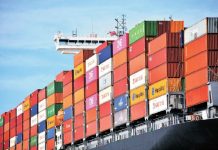


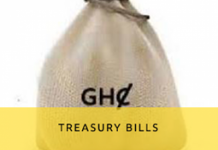



















![[FREE FREE MONEY] Predict and Win a Guaranteed GH¢200 From Us EVERY WEEK](https://wordpress.ghanatalksradio.com/wp-content/uploads/2022/02/Predict-and-Win-Final-09-03-2021-218x150.jpg)
![[Predict & Win – 8th/Oct.] WIN A Guaranteed ¢200 From Us This Week](https://wordpress.ghanatalksradio.com/wp-content/uploads/2021/10/maxresdefault-16-218x150.jpg)
![[Predict & Win – 2nd] WIN A Guaranteed ¢200 From Us This Week](https://wordpress.ghanatalksradio.com/wp-content/uploads/2021/09/maxresdefault-50-218x150.jpg)
![[Predict & Win – 25th] WIN A Guaranteed ¢200 From Us This Week](https://wordpress.ghanatalksradio.com/wp-content/uploads/2021/09/maxresdefault-36-218x150.jpg)
![[Predict & Win – 18th] WIN A Guaranteed ¢200 From Us This Week](https://wordpress.ghanatalksradio.com/wp-content/uploads/2021/09/maxresdefault-23-218x150.jpg)
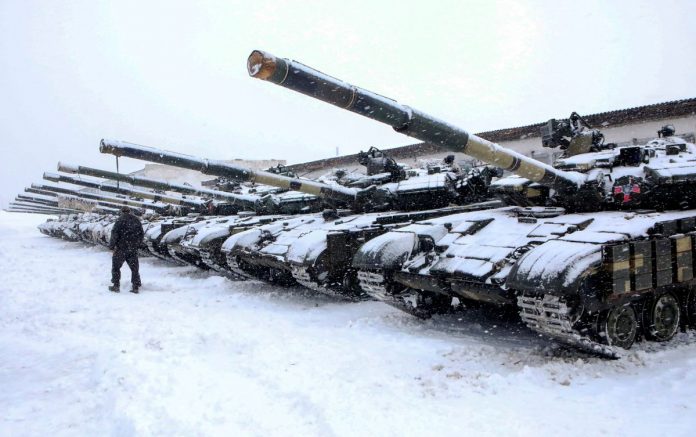

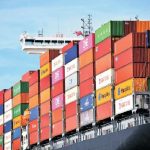

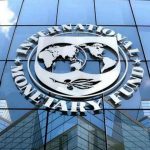




![[National cathedral] See full list of churches that have contributed since 2018](https://wordpress.ghanatalksradio.com/wp-content/uploads/2020/09/Ghana-National-Cathedral-GhanaTalksRadio-100x70.jpg)



